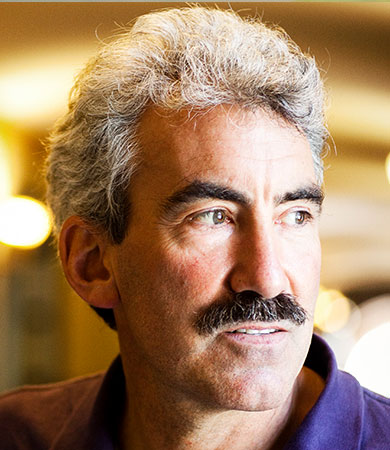
Opening Keynote Address
Thursday, May 23, 6:00 PM – 7:15 PM
The i-frame and the s-frame: How Focusing on Individual-level Solutions has Led Behavioral Public Policy Astray
George Loewenstein, Carnegie Mellon University
Many behavioral scientists propose and test policy interventions that seek to ‘fix’ problems with individual behavior (adopting an “i-frame”) rather than addressing the system in which individuals operate (an “s-frame”). In his Keynote Address, Loewenstein will explore the impact of such i-frame interventions and how they can reduce support for much-needed systemic reforms. Highlighting individual responsibility for societal problems is a long-established objective of corporate opponents of s-frame policies (e.g., regulation and taxation). Thus, Loewenstein will explain how researchers advocating i-frame solutions may have unwittingly promoted the interests of the opponents of systemic change. He will also describe how behavioral scientists can best contribute to public policy by employing their skills to develop and implement value-creating system-level change.
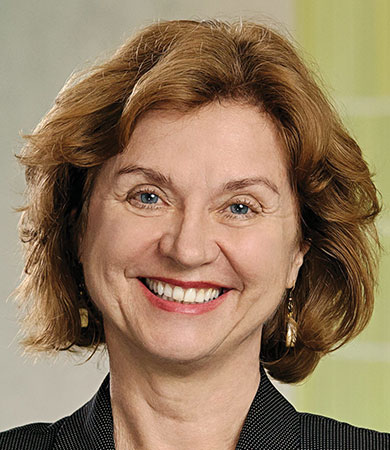
Psychological Science and Society Plenary Session
Friday, May 24, 9:00 AM – 10:00 AM
Beyond False i-frame/s-frame Dichotomies: A Multi-level Complex Systems View of Social and Behavioral Change
Elke U. Weber, Princeton University
There has been harsh scrutiny recently on behavioral science and its focus on individual behavior change to address societal challenges, such as climate change or obesity, the origins of which also involve human institutions and social processes. Skepticism stems from evidence of data fraud or replicability failures, but skeptics also see such individually focused “i-framed” interventions as substituting for more effective system-focused “s-framed” interventions and as strategic distractions advocated by parties vested in the status-quo. In this Keynote Address, Weber will argue that such dichotomies are simplistic and counterproductive. Psychology has established that physical, social, and historical contexts shape perception, judgment, choice, and action, but it must more fully embrace and address the dynamic and interdependent co-constitution of individual behavior and social and institutional context. Emerging research that integrates cognition and action into complex adaptive systems, social-ecological systems, and cultural evolutionary perspectives may offer traction in identifying solutions to the complex, multi-level societal challenges of our time.
The Psychological Science and Society plenary session is made possible by generous support from the Alan Kraut-Jane Steinberg Family Fund (KSFF). This plenary session is held annually during the APS Annual Convention to showcase the use of psychological science in the public sphere.
Plenary Panel Session
Friday, May 24, 6:00 PM – 7:00 PM
Changing Structures, Changing Behavior: How Systemic Forces Drive and Deter Behavior Change
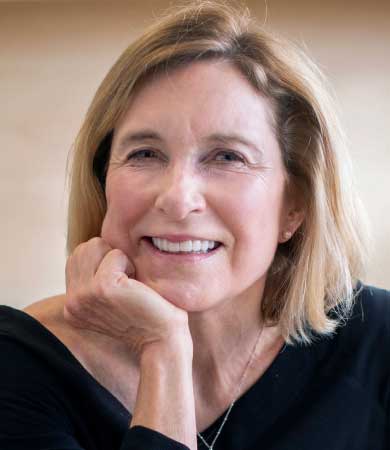
Chair: APS President Wendy Wood, University of Southern California
Changing people’s behavior involves more than just changing hearts and minds. In this two-part panel, Markus Brauer and Asaf Mazar present novel systemic approaches to changing behaviors crucial to addressing societal challenges, including intergroup discrimination, voter turnout, vaccine uptake, and online learning.

Behavior Change to Promote Equity and Inclusion: Recent Insights from Diversity Science
Speaker: Markus Brauer, University of Wisconsin–Madison
Research that uses rigorous scientific methods to study issues related to diversity, equity, and inclusion is often referred to as “diversity science.” Brauer, the executive director of the University of Wisconsin’s Institute for Diversity Science, will share recent findings from this fast-growing discipline. Recent evaluation studies—many of them involving large-scale randomized controlled trials in the field—have shown that numerous pro-diversity initiatives are ineffective, and some have even turned out to be counterproductive. The question is: How can we get people to behave in an inclusive, welcoming manner? By harvesting insights from public health, behavioral economics, social marketing, and clinical psychology, it is possible to design interventions that reliably change people’s behaviors toward members of other social groups. Brauer will describe some recent examples of pro-diversity interventions that have shown to be effective.
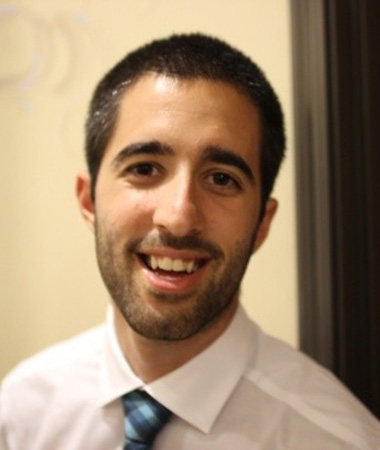
Friction: Major Impact of Minor Obstacles
Speaker: Asaf Mazar, The Wharton School, University of Pennsylvania
Human behavior can be profoundly influenced by friction—seemingly-minor external barriers. And yet, friction is often overlooked. Across three domains—voter turnout, COVID-19 vaccination, and online education—Mazar’s research found that friction strongly disrupts the pursuit of key life outcomes, yet its influence usually goes undetected.
In one set of studies, friction was tied to reduced voter turnout in the 2020 U.S. election, but would-be voters overlooked its impact, and those who neglected friction were more likely to support policies that can limit voting access. In other research, distance to vaccine sites was tied to lower COVID-19 vaccine uptake, but few mentioned distance when asked to list barriers to vaccination. Finally, in field data from a large online education platform, even slightly longer load times were tied to reduced learning persistence, a pattern replicated in controlled experiments.
Overall, this research highlights friction’s sinister yet subtle pull across voting booths, clinics, and classrooms.
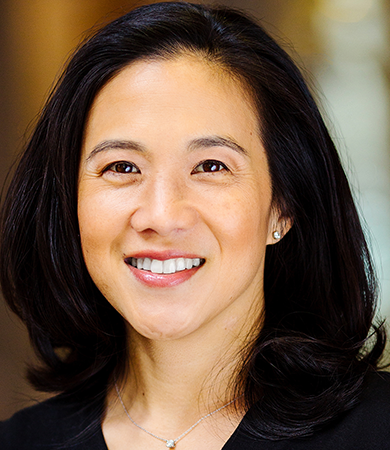
Keynote Address
Saturday, May 25, 6:00 PM – 7:00 PM
Easier: Why Achieving Your Goals Starts with Shaping Your Situation
Angela Duckworth, University of Pennsylvania
It is often said that you cannot control your circumstances, but, with effort, you can control how you react to them. In this Keynote presentation, Duckworth challenges this perspective. New research grounded in the Process Model of Behavior Change shows why pursuing goals is easier when you proactively choose or change your situation. While mustering willpower feels heroic, it is more strategic to shape the people, places, and things that surround you.
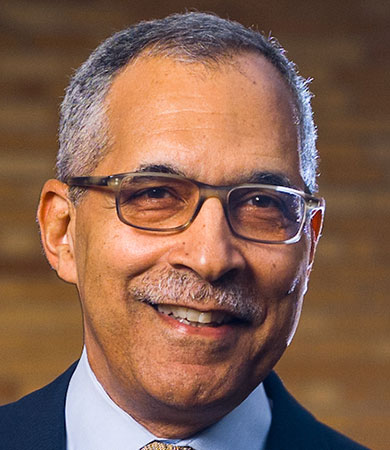
Special Event: Inclusivity Spotlight
Friday, May 24, 10:30 AM – 11:20 AM
“Churn”: Life in a Diverse Society and How to Make it Work
Claude Steele, Stanford University
Churn is the mental agitation and physical stress people can experience in diverse settings. This stress can affect our ability to form successfully diverse communities in our society and institutions. The threat begins with knowledge that virtually everyone has: the stereotypes about the major identities in our society. When we’re in situations where stereotypes might arise, this knowledge poses a threat that we could be judged and treated according to those stereotypes. If the situation was important to us, we become worrisomely vigilant. Churn is that worrisome vigilance.
This Inclusivity Spotlight will not explore how we perform under the weight of that vigilance. Instead, Steele will cover our ability to get along with each other under its weight, across identity divides, in diverse settings. He will also explore how to reduce churn and enable us to form strong communities despite the divides that our history and culture have left us with. Trust-building strategies are possibly an effect way to reduce human prejudice and its effect in our lives and our churn with each other. The Civil Rights era launched our national commitment to a fully integrated society: Integration 1.0. This body of work, benefitting from the 65 or so years since that commitment, asks how we can make it work better. It’s in search of integration 2.0.

Special Event: APS-David Myers Distinguished Lecture on the Science and Craft of Teaching Psychological Science
Friday, May 24, 2:00 PM – 2:50 PM
Translating Cognitive Research into a Useful Framework for Teaching and Learning
Stephen L. Chew, Samford University
Why hasn’t decades of cognitive research translated into effective teaching practices? One reason is that, contrary to controlled research, teachers deal with a complex interaction of multiple factors to bring about student learning. In this presentation, Chew will outline a research-based, context-dependent framework of the cognitive challenges of teaching.
APS Awards Ceremony: A Celebration of Excellence
Saturday, May 25, 9:00 AM – 10:00 AM
Sponsored by APS and the UCLA Psychology Department
APS honors members throughout their careers with the field’s most prestigious awards and recognitions. The 2024 APS Awards Ceremony will recognize recipients of the James McKeen Cattell Fellow Award, James S. Jackson Lifetime Achievement Award for Transformative Scholarship, William James Fellow Award, Mentor Award, and Janet Taylor Spence Award for Transformative Early Career Contributions. Join your colleagues to celebrate these achievements in psychological science.
View the 2024 APS Award Recipients
Additional speakers will be added to the APS 2024 Annual Convention program in the coming months.
APS Annual Convention Registration gives full access to these events.
Registration, Hotel & Travel Information
-
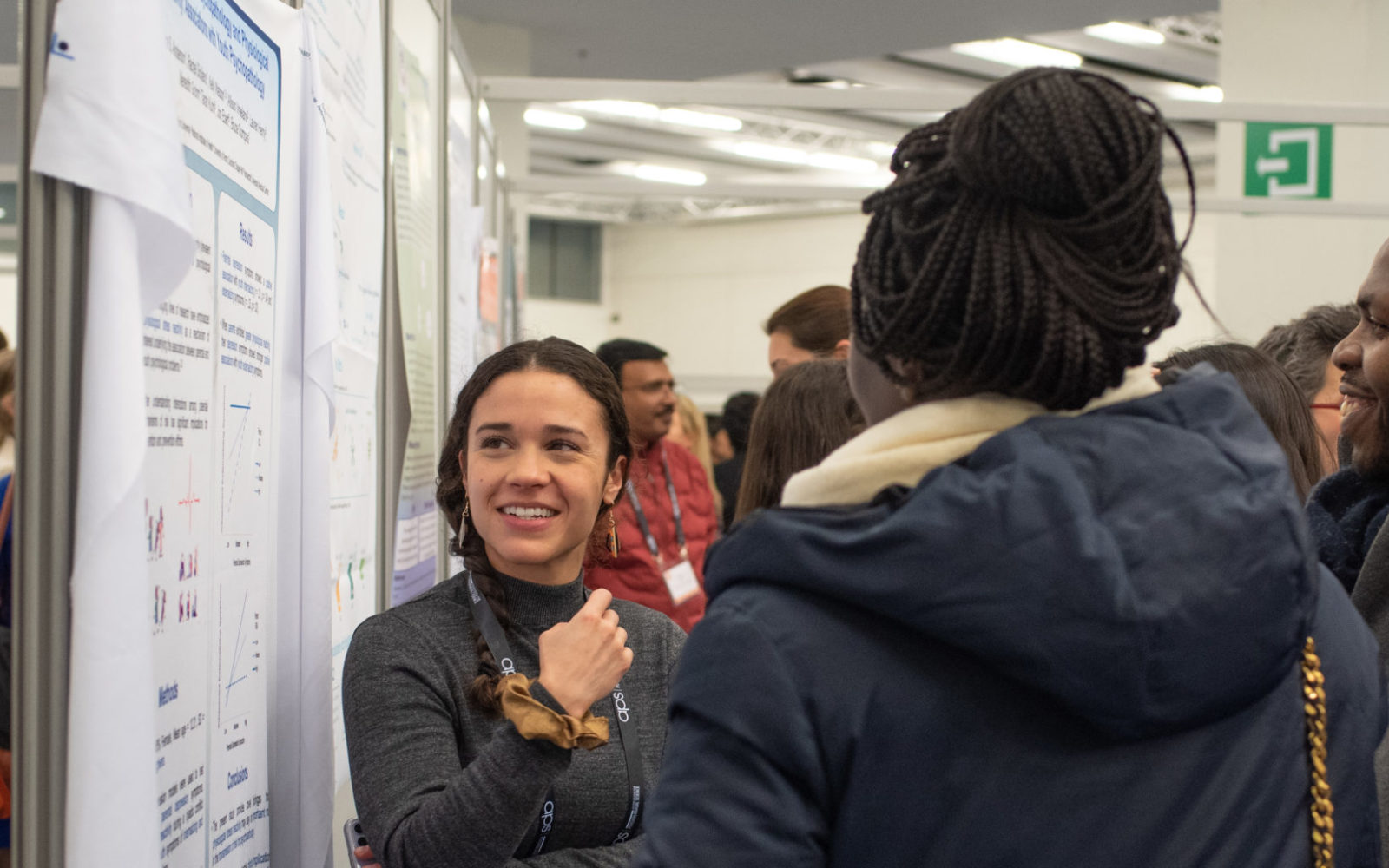
Call for Submissions
The Call for Submissions has now ended. Please see here for more information on submissions.
-

Registration 2024
Familiarize yourself with registration rates and policies for the 2024 APS Annual Convention.
-

Plan Your Trip
Come for the science, stay for the city! Find information about getting to the Convention hotel and getting around the city.
Additional Resources
-

APS 2024 Financial Assistance Programs
-

APS Student Travel Assistance FAQs
-
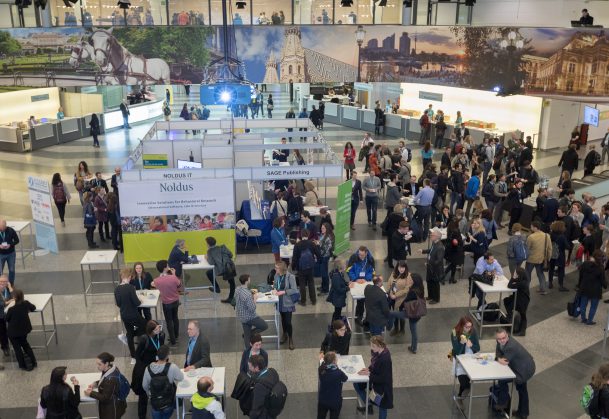
Exhibits & Sponsorships
Reach the global psychological science community when you advertise with APS.




